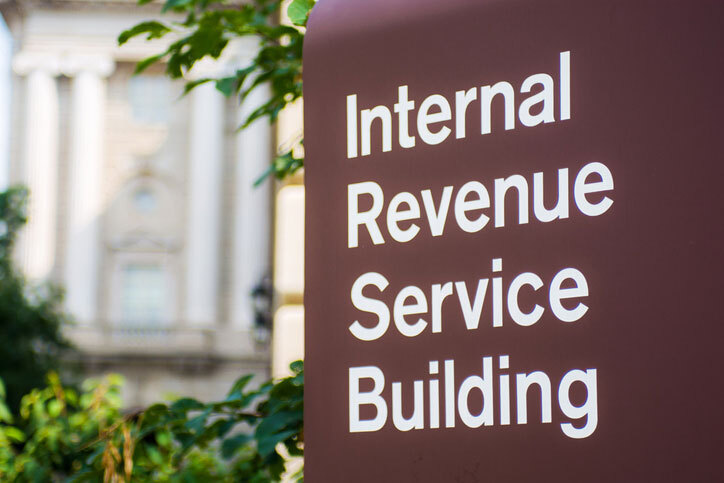Tax Extensions Delay Payments — False!
Tax extensions are a handy tool that helps taxpayers who may need a little extra time to file taxes. This, however, is not to be confused with a delay in making payments. Getting approved for a tax extension doesn’t necessarily mean that you have more time to pay due taxes. It simply helps reduce penalties by voiding any late filing fees. These fees are usually 5% on any due tax for each month that you’re late.
With an extension, you can keep your taxes from accruing to an amount that you may not be able to afford. After the extension deadline has passed, which is usually October 15, then you will once again become eligible for late penalties.
So, what are the benefits of applying for a tax extension?
While you will technically have to pay your taxes by the national Tax Day (usually April 15th), there are still advantages to applying for a tax extension.
Reducing Late Penalties
Late penalties can rack up to a maximum of 25% on top of what you already owe in taxes. If you already have a large liability, this extra debt could contribute to any existing financial hardship. Unpaid back taxes can easily lead to liens and wage garnishments.
It’s better to apply for the extension just in case and avoid any trouble.
Audit Risk Reduction
Taking the extra time to make sure you have every document and receipt needed to properly file will pay off in the long run. The more accurate your numbers are for deductible expenses, the better. Taking your time to file also decreases the likelihood of being audited since the IRS is less inclined to audit later in the year. This is because they have a number of required audits that they must conduct a year. By October, it is likely that they have already achieved that number.
Up-to-Date Info About Filing a Tax Extension
The 2020 pandemic has caused a bit of confusion regarding the deadline for the extension. The extension still ends on October 15, 2020. Missing this deadline could result in penalties and tax liability.
You cannot file for an extension after Tax Day. It is imperative that you apply for an extension before then to be approved on time.
If you missed the chance to apply for an extension and now owe back taxes to the IRS, you can find relief solutions by taking the following steps:
- Click here to take our brief survey to pre-qualify.
- Speak with one of our expert Resolution Officers.
- Start your resolution process!
Any new or systemic Liens and/or Levies will also be suspended for the time being.
For taxpayers who are considered “seriously delinquent”, the IRS will suspend any new certifications for the remaining period. Any taxpayer who falls into this category in reminded and encouraged to enter into an Installment Agreement or apply for an Offer In Compromise.
The IRS will not forward any new delinquent accounts to private collection agencies at this time.
Taxpayers have until July 15, 2020 to verify to the IRS they are qualify for the Earned Income Tax Credit or to confirm their income. If the taxpayer is unable to verify their credentials or provide appropriate documents for this credit, they are encouraged to notify the IRS before the deadline. No cases will be denied this credit for failure to provide requested information until July 15.
Case workers will continue business as usual. However, most case work will be conducted remotely (video/over the phone conferences). Any requests for documentation sent by the Office of Appeals should be responded to in a timely manner to ensure a smooth process.
The IRS will continue to take the appropriate measures to stay compliant and protect the applicable statutes of limitations. In situations where certain statutes may be compromised, taxpayers are encouraged to extend such statutes. Otherwise, Notices of Deficiency will be issued by the IRS and similar actions will be pursued to protect the interests of the government in preserving such statutes. Where a statutory period is not set to expire during 2020, the IRS is unlikely to pursue the foregoing actions until at least July 15, 2020.
Practitioners are reminded that PPS wait times may be significantly longer, depending on staffing levels and allocations going forward. The IRS will continue to monitor this as situations develop.
“The IRS will continue to review and, where appropriate, modify or expand the People First Initiative as we continue reviewing our programs and receive feedback from others,” Rettig said. “We are committed to helping people get through this period, and our employees will remain focused on these and other helpful efforts in the days and weeks ahead. I ask for your personal support, your understanding – and your patience – as we navigate our way forward together. Stay safe and take care of your families, friends and others.”
Learn how easy it is to qualify for tax savings.




